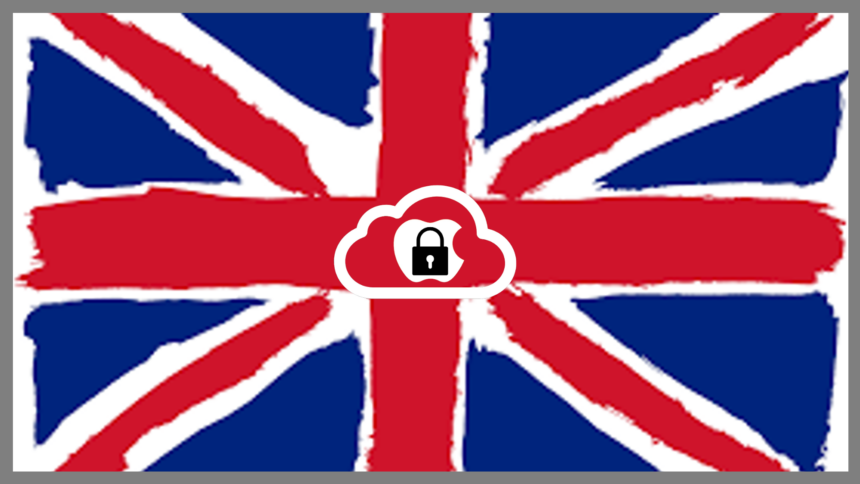The UK government is making a controversial demand — a backdoor to Apple’s end-to-end encrypted iCloud backups, not just for UK users but worldwide. According to The Washington Post, the UK’s Home Office secretly issued an order last month, compelling Apple to grant full access to encrypted iCloud backups, bypassing the security measures meant to protect user data.
Apple introduced Advanced Data Protection for iCloud in December 2022, adding end-to-end encryption to backups, photos, notes, and more. This security feature ensures only users can access their data, keeping it safe from hackers, governments, and even Apple. Now, the UK wants that encryption compromised.
What’s Happening & Why This Matters
The UK’s Order: A Worldwide Privacy Threat
The Home Office’s classified directive does not just impact Apple’s UK users. It seeks a global security backdoor, meaning the encryption would be weakened for every iCloud user worldwide. This move raises serious privacy and security concerns.
- Apple’s Advanced Data Protection secures device backups, notes, photos, and more with a key stored only on the user’s trusted devices.
- The UK’s demand would require Apple to provide a method to bypass this encryption, essentially creating a government-mandated backdoor.
- If Apple complies, it could set a precedent for other governments, pressuring the company to grant similar access to different countries.
- Privacy advocates warn that a backdoor for one government inevitably means a backdoor for hackers and malicious actors.
The Investigatory Powers Act: The Law Behind the Request
The UK’s demand is backed by the Investigatory Powers Act (IPA), a 2016 surveillance law that grants the government broad powers over tech companies. This law has caused longstanding tension between privacy advocates and the UK government.
- IPA allows the UK government to issue “technical capability notices,” compelling companies to assist with surveillance efforts.
- A 2024 amendment, passed despite Apple’s objections, requires tech firms to notify the UK of security changes that might hinder investigations.
- Apple and other tech giants have long criticized IPA, arguing it undermines encryption and global data security.
- If Apple refuses to comply, it could face legal action or fines, forcing it to choose between protecting user data and complying with UK law.
Privacy Advocates and Tech Experts Respond
The demand for an encryption backdoor has sparked strong opposition from cybersecurity experts, digital rights groups, and privacy advocates.
- Daniel Castro, Vice President of the Information Technology & Innovation Foundation, called the UK’s order “a dangerous and unjustified overreach that threatens global security.”
- Alex Stamos, former Facebook CISO and Stanford cybersecurity professor, reacted to Bluesky, stating, “This is bad, bad.”
- Privacy experts warn that if Apple complies, other governments—like China and Russia—could use this precedent to demand similar backdoors.
- Law enforcement agencies in the U.S. have previously sought similar access but have primarily been blocked due to pushback from the tech industry and privacy organizations.
TF Summary: What’s Next
Apple has yet to respond officially to the UK’s demand, but its past statements suggest a strong resistance to breaking encryption. This battle sets the stage for a major privacy showdown as governments worldwide seek more control over encrypted data. If Apple caves to the UK, it could open the floodgates for similar demands from other countries, fundamentally weakening digital security for millions.
— Text-to-Speech (TTS) provided by gspeech


